ANTD.VN - The European Union (EU) will tighten regulations related to plant protection chemicals, plant inspection... Vietnamese fresh agricultural product exporting enterprises should take note.
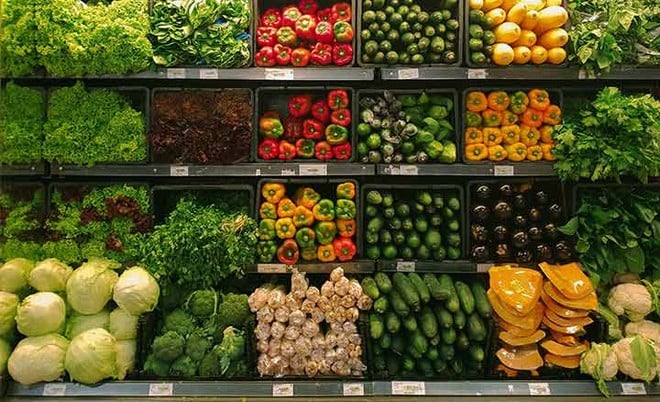 |
EU tightens standards for imported fresh agricultural products |
According to the Vietnam Trade Office in Sweden, the European Union (EU) is applying stricter regulations on food safety and sustainability to minimize environmental impacts and ensure product quality.
The Northern European market, including Sweden, Denmark and Norway, is famous for its high requirements for agricultural product quality, posing challenges but also bringing great opportunities for Vietnamese exporters.
Specifically, the new regulations affect fresh agricultural products, including:
Reducing pesticide residues: The EU requires imported agricultural products to meet strict pesticide residue limits (MRLs). Certain chemicals that are not permitted for use in the EU will be completely banned from imported products.
For example, under Regulation 2023/915, the maximum residue levels for cadmium are reduced for fruits such as strawberries, citrus fruits, mangoes, bananas and pineapples.
Nordic supermarkets often require their own standards, which are more stringent than EU regulations.
Regarding phytosanitary certification, most fresh agricultural products imported into the EU require a phytosanitary certificate. This certificate ensures that the product does not carry harmful organisms.
Some fruits such as bananas, coconuts, dates, pineapples and durians do not require this certification. But for mangoes, the EU applies an additional regulation that heat treatment or similar measures are recommended to prevent fruit flies.
At the same time, this market also strengthens inspection and supervision, applying higher inspection rates to products with high risk of chemical residues from some countries.
The Vietnam Trade Office in Sweden recommends that Vietnamese enterprises exporting fresh agricultural products to the Northern European market must comply with regulations on chemical residues. Exporters must ensure that their products do not exceed the permitted chemical residue levels and meet the strict requirements of Northern European importers.
Enterprises should use plant protection chemicals approved by the EU; Test chemical residues at internationally standardized laboratories before exporting.
Enterprises also need to ensure phytosanitary certification, cooperate closely with quarantine agencies in Vietnam to ensure proper inspection and certification procedures; Apply treatment measures to eliminate the risk of harmful organisms.
Products from Vietnam may be in the high-risk category, leading to higher inspection rates. Therefore, businesses need to improve quality control at the source, especially for agricultural products such as chili, beans, and tropical fruits; Prepare complete records of production and inspection processes to promptly resolve any problems that arise.
At the same time, Vietnamese enterprises should take advantage of EU standards to create a competitive advantage. Good compliance with EU regulations not only helps products meet requirements but also builds prestige with Nordic customers.
“The Nordic market places high demands on the quality and traceability of agricultural products, requiring Vietnamese exporters to be well prepared and meet high standards. However, with the right strategy, businesses can not only overcome challenges but also take advantage of opportunities to expand their market share in this region,” said the Vietnam Trade Office in Sweden.
Source: https://www.anninhthudo.vn/eu-siet-chat-quy-dinh-doi-voi-nong-san-tuoi-nhap-khau-post602946.antd

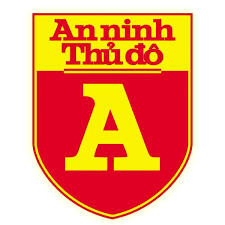
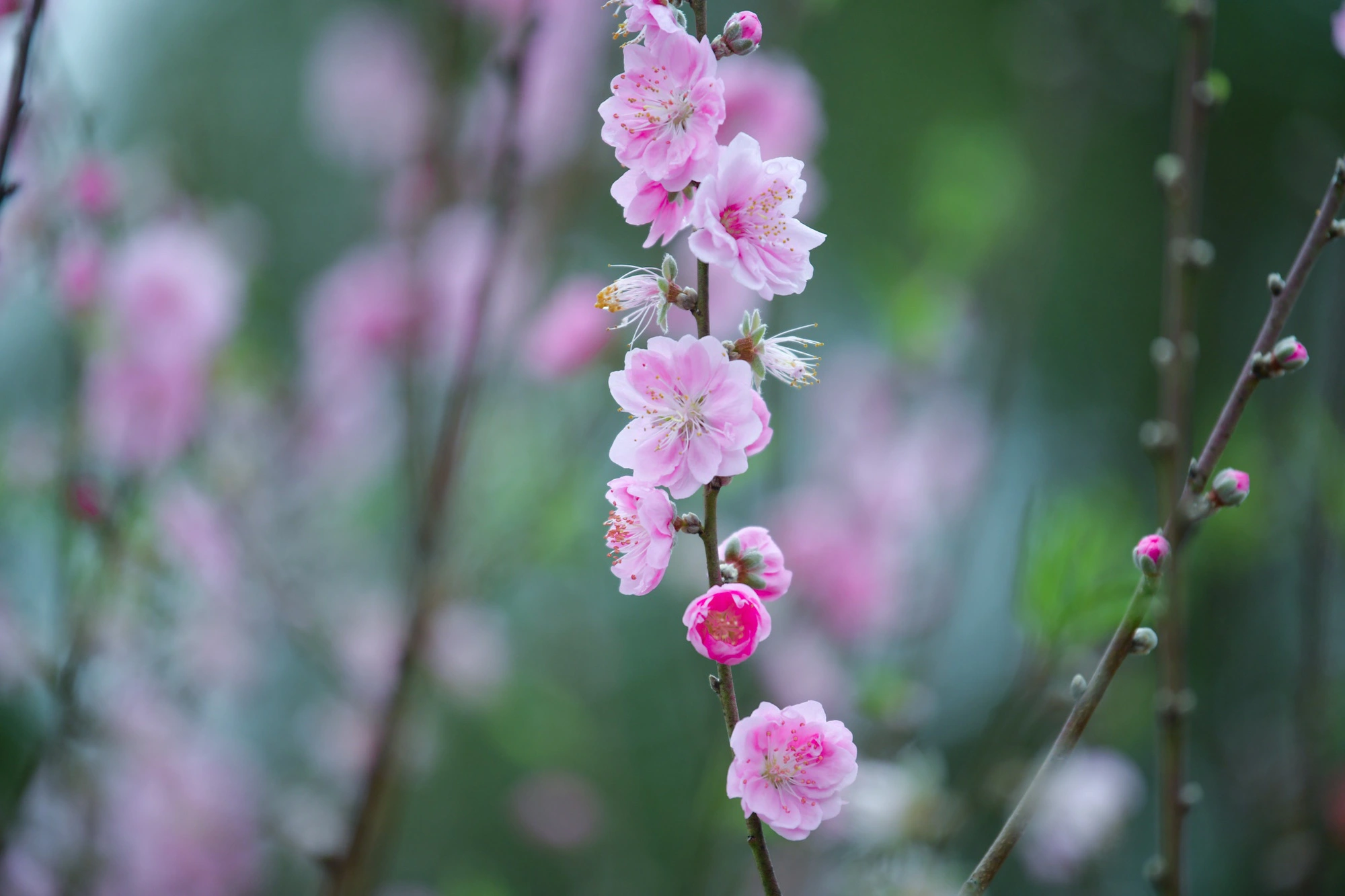



























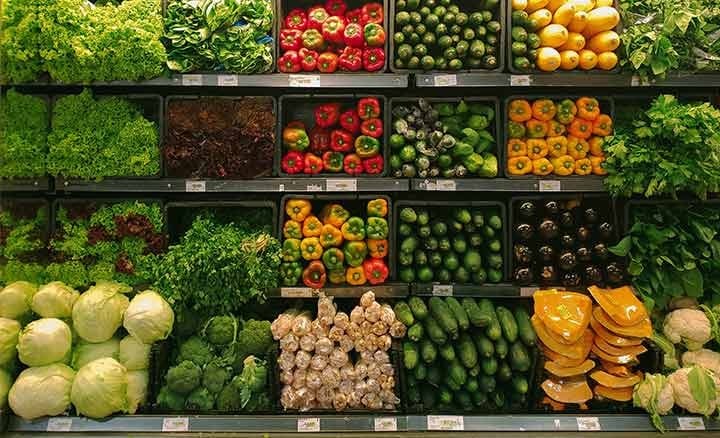
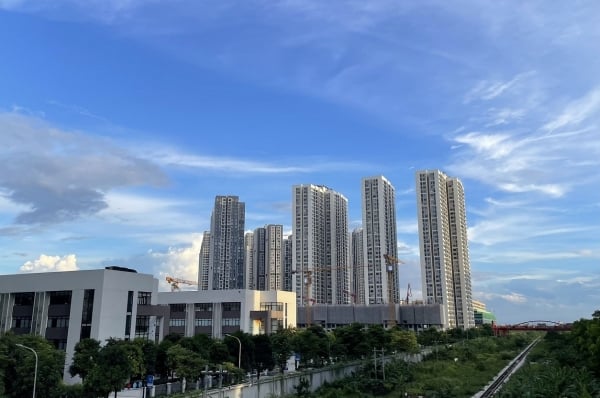

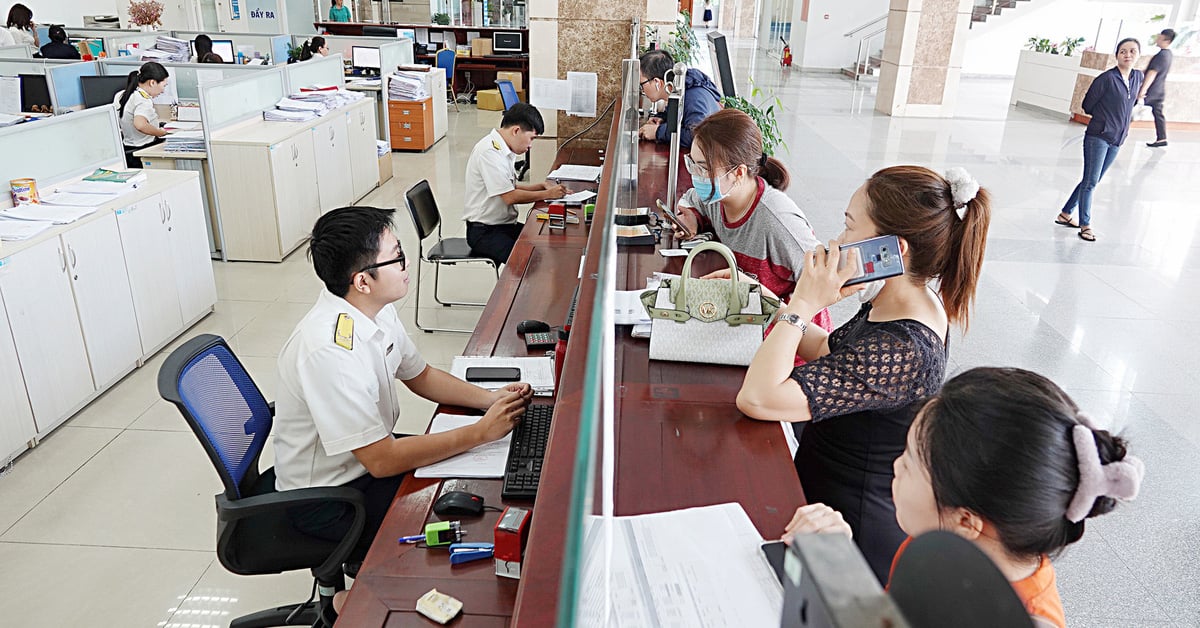



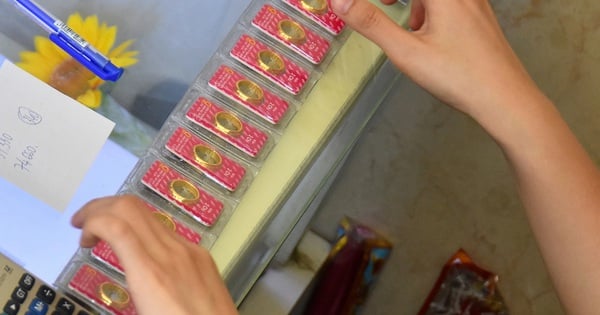

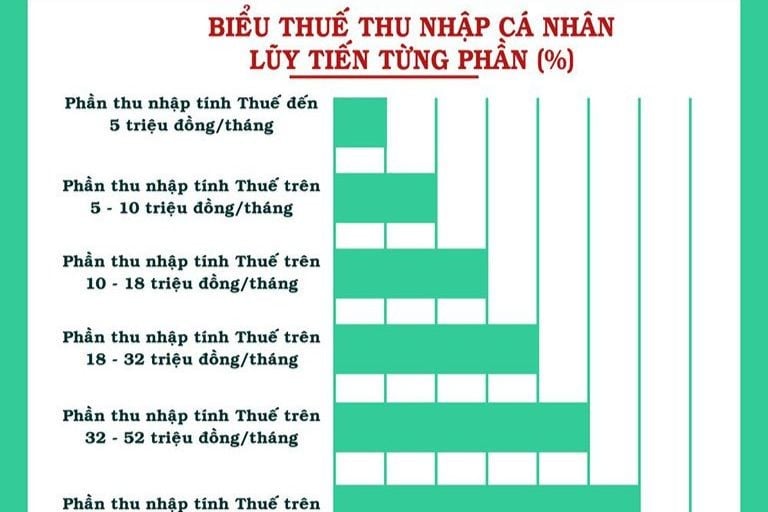
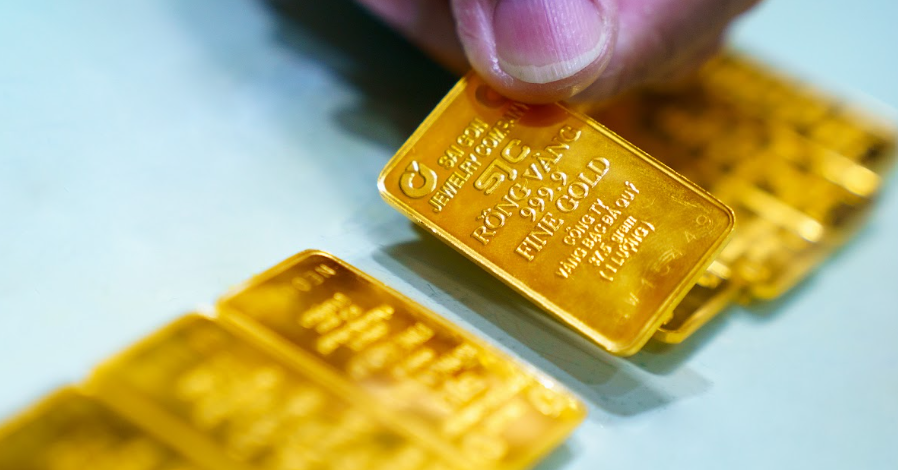

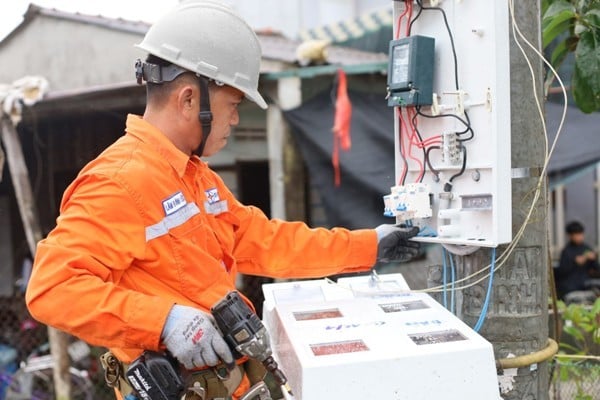
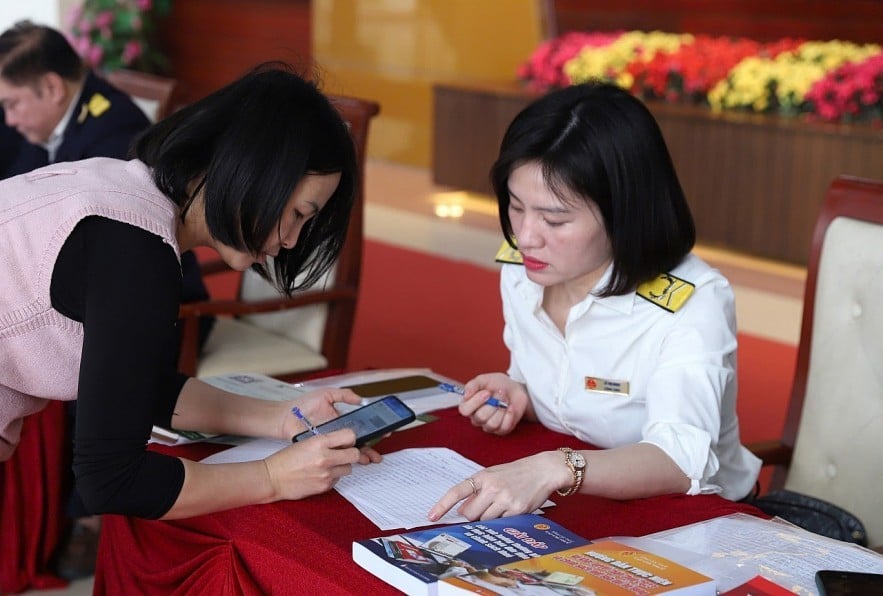
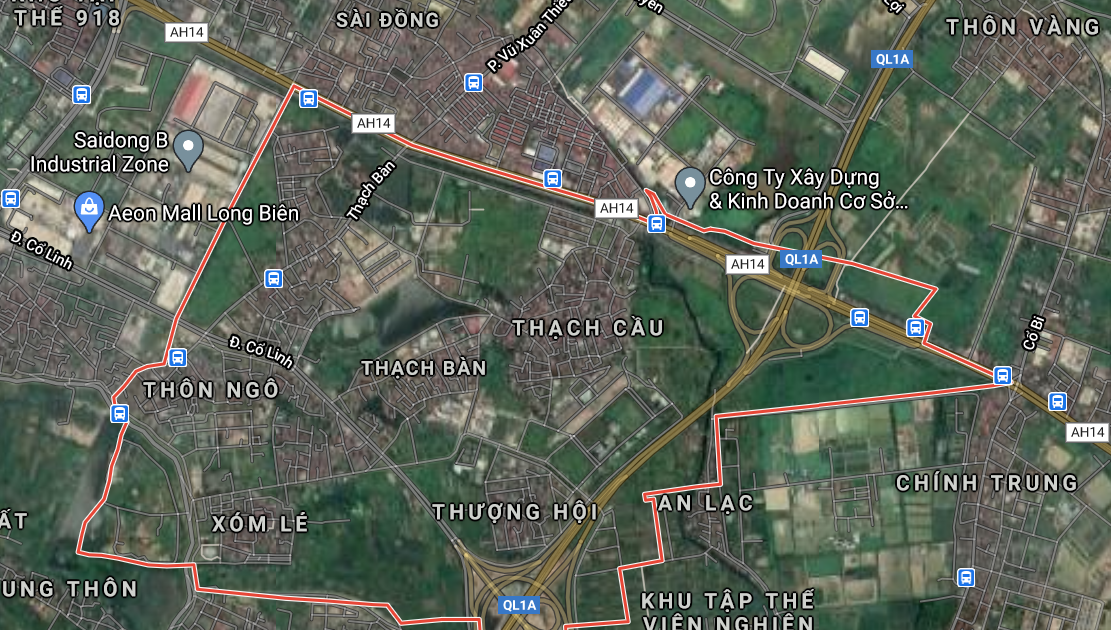
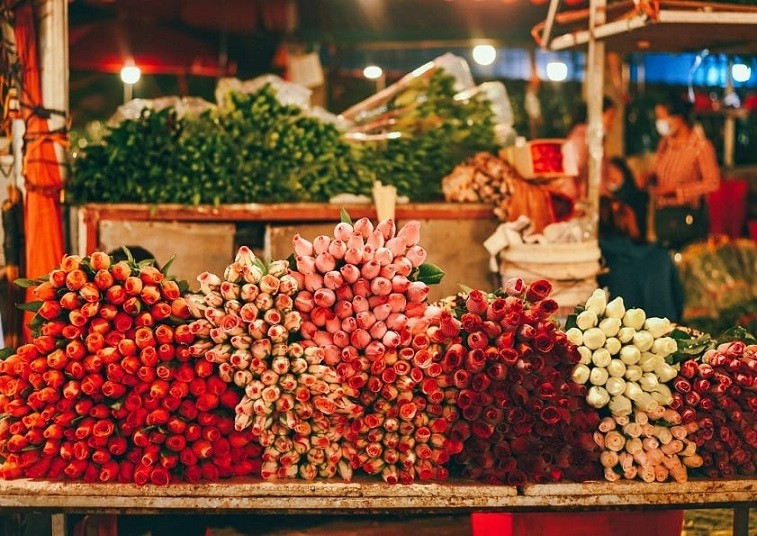








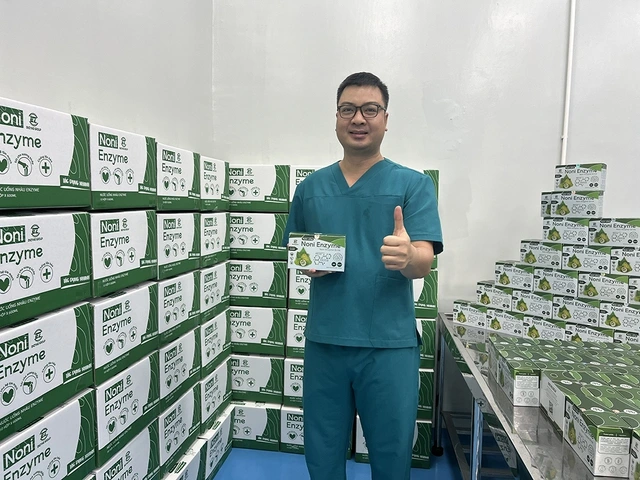





Comment (0)